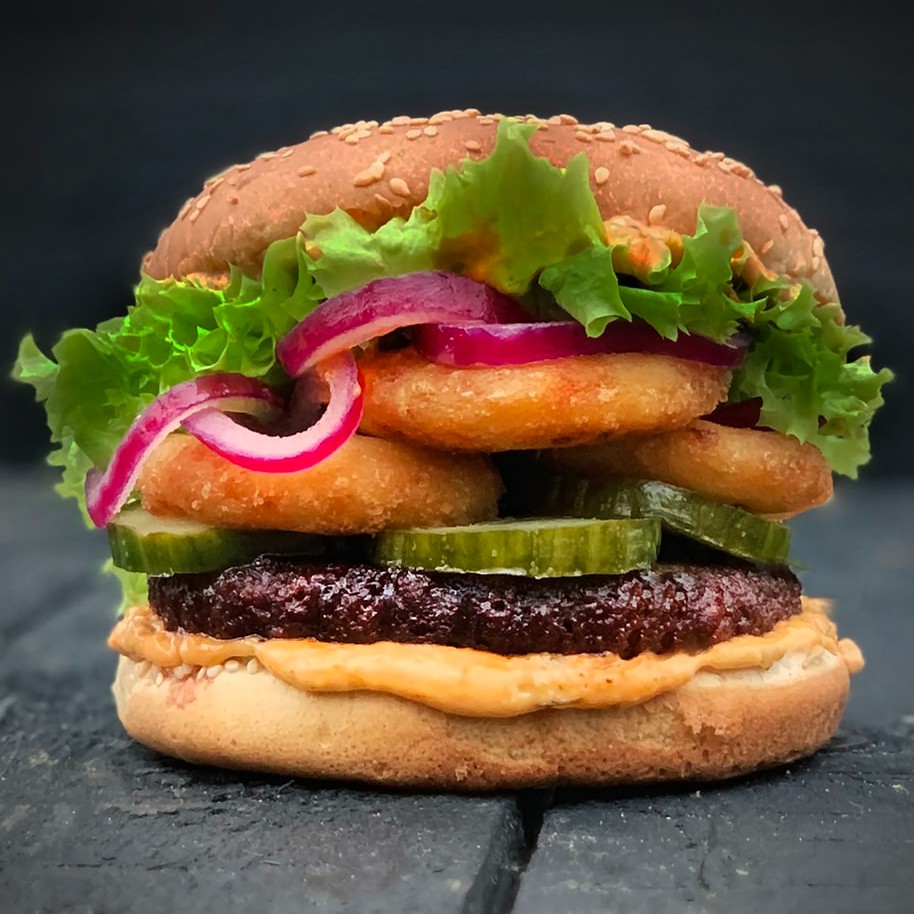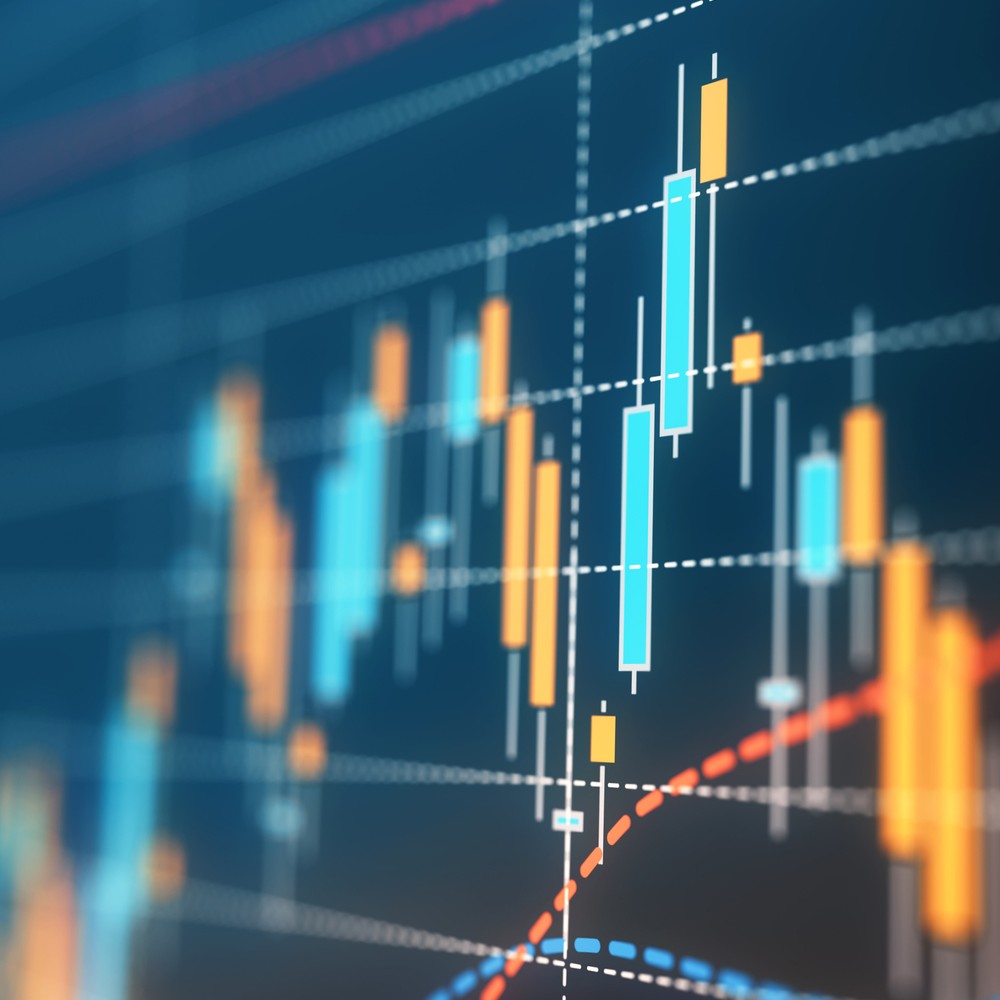Space has become a more useful commodity than ever throughout the past few years. The pandemic forced many to seek out space and shelter as we were forced into isolation. In the UK, the true effects of the pandemic were unleashed amongst the country's housing market. Buyers pursued new houses during the lockdown and made the most of their free time. The demand for houses began to surmount the amount that we're able to be built and supplied. Due to this, the United Kingdom’s house prices rose an astonishing 9.8% last year leaving customers satisfied with places to live.
globalEDGE Blog - Page 38
Publish Date:
The consumption of plant-based meat as simply a novelty is a thing of the past. As new health and sustainability-conscious generation of people grow older and play a bigger role in the global economy, the demand for plant-based meat is quickly increasing. Concerns about the substantial greenhouse gas emissions produced by the meat industry, recognition of animal cruelty, and knowledge of the long-term health risks of traditional meat consumption are all contributing factors. In 2020, as more people embraced flexitarian, vegetarian, and vegan diets, the market value of plant-based meat worldwide grew to 6.67 billion dollars. This figure is estimated to steadily increase over the next few years and reach 16.7 billion in 2026.
Publish Date:
On November 26, 2021, a new variant, Omicron, of the coronavirus was discovered in South Africa. The World Health Organization declared this variant a concern due to Omicron's unusually high number of mutations and warned that the overall global risk is very high. Similar to other variants, these mutations impact how easily the virus spreads and the gravity of this virus when sick.
Publish Date:
Welcome back to the globalEDGE blog! The globalEDGE team is returning to our regular Monday through Thursday blog schedule.
Publish Date:
As the semester comes to a close, the students of the globalEDGE team will be taking finals next week and enjoying winter break in the following weeks. The team has had a great semester being back in the office for the first time since the spring of 2020, and we look forward to providing more website updates and blog posts when we return for the spring semester in 2022. Thank you again to our readers for browsing the site and reading the blogs we post each week! We will return to the office on Monday, January 10, 2022.
Publish Date:
Over the course of a lifetime, career changes happen. People resigning from or changing careers is normal in moderation. However, employees quitting their jobs in bulk is not a normal occurrence in the workforce. In September, a record high of 4.4 million people, or 3% of workers, quit their jobs and with the holiday season approaching, this causes a major hassle for businesses. Employers are having to take drastic measures to make up for the lost employees. On top of this, roughly 34.4 million workers have quit their jobs this year.
Publish Date:
Over the past few weeks, the term “metaverse” has been growing in popularity. Yet, the concept of the metaverse is still being developed and enhanced.
Publish Date:
The globalEDGE team has recently updated the United States State Trade Statistics with the latest data. For every state in the "Global Insights" tab, you can click on "Trade Statistics" in the left-hand column. For each trade statistic, you can find a particular state's exporter rank, importer rank, trade balance rank, total numbers and percentages for exports and imports, and the impact of international trade on the countries economy. You will also find an updated list of each state's top 10 exporters and importers and the top 10 types of goods imported and exported, along with the USD$ amount for each exporter, importer, and good. Overall, this is a great tool for understanding the United States market.
Publish Date:
Previously known as “Little England”, Barbados has officially severed its ties from Queen Elizabeth II, Queen of the United Kingdom, and became a republic after nearly four centuries of monarchy rule. Sandra Mason was appointed by Queen Elizabeth and was sworn in as their first president, officially declaring a republic. Apart from declaring a republic, they still remain in the Commonwealth. Many aspects of the country's British ties and British culture still remain apparent on the island. For example, their education system, systems of government, architecture, and even a hospital named after Queen Elizabeth proves the presence of the monarchy’s rule in Barbados. After centuries of monarchal presence in Barbados, the question being raised is what the future of Barbados could entail.
Publish Date:
All-inclusive resorts are known for including the essential amenities of food, drinks, activities, and entertainment, in the booking price. These all-inclusive resorts range from white sand beaches to mountain top retreats. The all-inclusive resort market has been booming during 2021. Due to the pandemic, travelers are more drawn to vacation options in which they are able to stay in one place. Staying in one place removes the stress of planning do-it-yourself activities.












